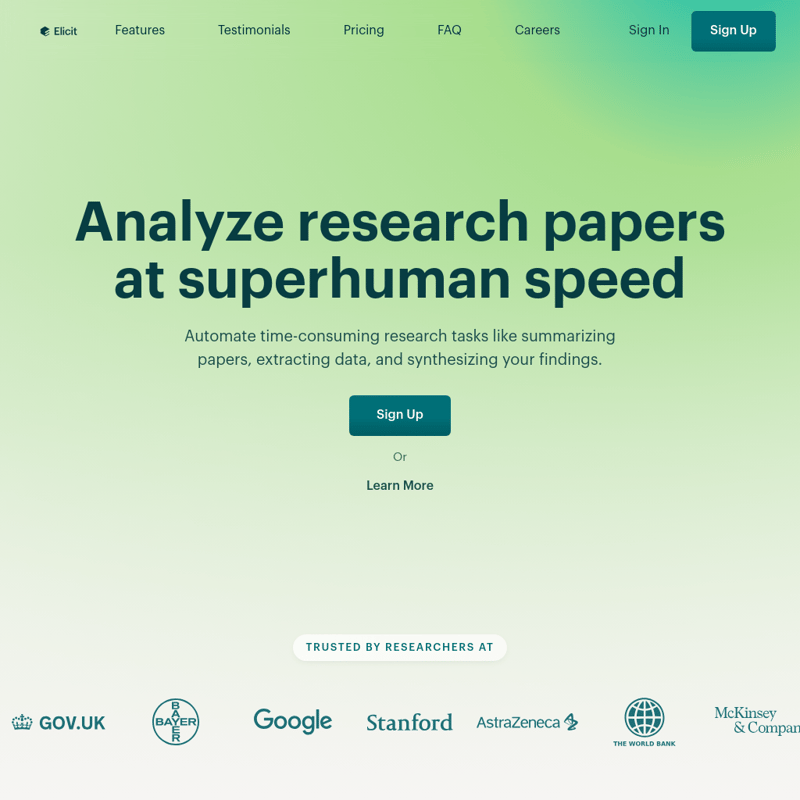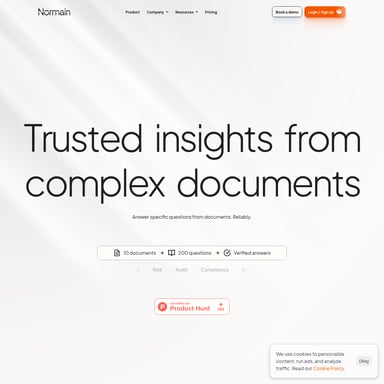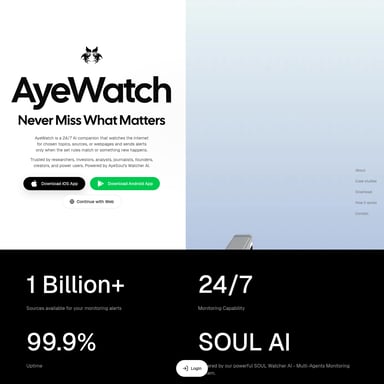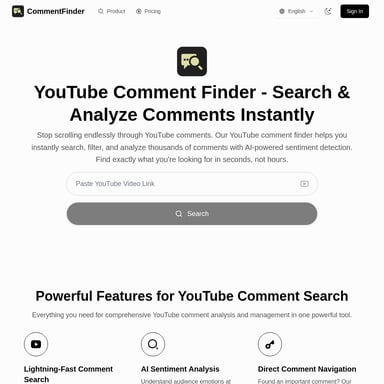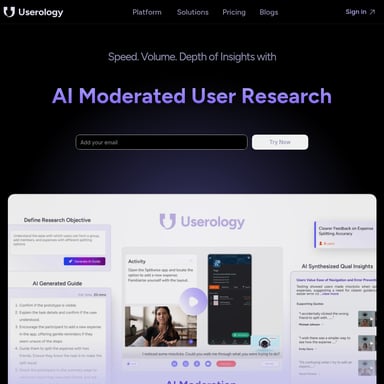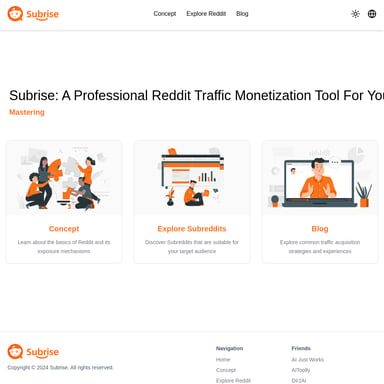Elicit
Elicit: The AI Research Assistant
Elicit is an AI-powered research assistant that automates tasks such as summarizing papers, extracting data, and synthesizing findings. It searches across 125 million academic papers, providing quick summaries, extracting details into organized tables, and answering specific research questions. Trusted by over 2 million researchers, Elicit enhances efficiency in literature reviews, systematic reviews, and learning about new domains.
2024-07-01
2170.2K
Elicit Product Information
Elicit: The AI Research Assistant
What's Elicit?
Elicit is an AI research assistant designed to automate time-consuming research tasks like summarizing papers, extracting data, and synthesizing findings. It significantly speeds up the process of analyzing research papers and is trusted by over 2 million researchers worldwide.
Features
Search for Research Papers
- Ask a Research Question: Submit your research question and receive a list of relevant papers from a database of 125 million.
- Get One Sentence Abstract Summaries: Quickly grasp the essence of papers with concise abstract summaries.
- Select Relevant Papers: Choose papers that are most relevant and search for more like them.
- Extract Details into Organized Tables: Simplify data extraction by compiling details into easy-to-read tables.
Find Themes and Concepts
- Synthesize Information: Identify themes and concepts across multiple papers, such as effects of a drug or datasets used.
Use Case
Researchers use Elicit to:
- Speed up literature reviews.
- Find papers they couldn't locate elsewhere.
- Automate systematic reviews and meta-analyses.
- Learn about new domains, particularly empirical fields like biomedicine and machine learning.
Elicit excels in domains involving experiments and concrete results but is less effective for theoretical or non-empirical research.
FAQ
How do researchers use Elicit?
Researchers use Elicit for quick literature reviews, discovering hard-to-find papers, automating reviews, and learning new fields. It is particularly effective in empirical domains.
What is Elicit not good for?
Elicit does not handle non-empirical questions or surface information not covered in academic papers. It's less effective for facts like market data or theoretical research.
What types of data can Elicit search?
Elicit searches 125 million academic papers from the Semantic Scholar corpus, covering all disciplines. It uses full texts if available, or abstracts otherwise.
How accurate are Elicit's answers?
Assume around 90% accuracy for Elicit's information. Users should verify findings, facilitated by source references provided by Elicit.
What is Elicit Plus?
Elicit Plus is a subscription service offering additional features and monthly credits. Users receive 12,000 credits monthly, with no rollover for unused credits.
What are credits?
Elicit uses credits to cover app usage costs. Users get 5,000 free credits upon signup and can subscribe to Elicit Plus for more. Credits are non-transferable.
How can you contact the team?
Email [email protected] for feedback or general comments, or [email protected] for support. Join the Slack community for discussions.
What happens to uploaded papers?
Uploaded papers remain private and are not shared.
Training on Specific Tasks
Elicit's models are fine-tuned per task, with continuous iterations for accuracy improvements.
Searching Over Academic Papers
Elicit shows only existing, peer-reviewed scientific literature.
Double-Checking Answers
Elicit makes it easy to view original sources and pinpoint where specific information comes from within a paper.
